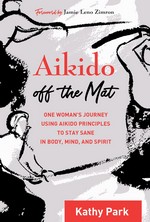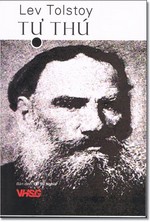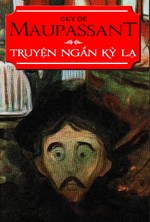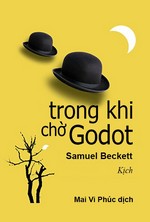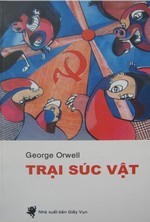Aikido Off the Mat
When Aikido came into my life in 1977, I was a gung-ho beginner with buffed-out muscles and a resilient body. I was not only capable of ignoring the bruises, tweaks, and injuries that hard practice on the mat inevitably wrought, I thoroughly believed in the warrior credo of “no pain, no gain.” Even though strenuous martial arts practice was often grueling—a hard and unforgiving lover—at least I knew what to do with my otherwise restless, lonely evenings. Being effortlessly thrown down on the mat by large men and Amazon women seemed a small price to pay in order to be touched and held, even if it was a choke hold. At last I had found a community in which I felt I belonged. Given Aikido’s potential to cure the insanity of the world through its philosophy of peaceful reconciliation, and my propensity to cast myself in the role of savior, I was insufferably enthusiastic, a fanatic. To anyone who would listen, I would explain the meaning of Aikido. Ai means harmony. Ki means universal life force, like the chi in Tai Chi. Do means the way or the path, like the Tao. I enjoyed constructing sentences and phrases that tied all those ideas together: Harmonizing the energy of the world. The way of life through blending with the universal life force. The path of universal harmony. It all sounded good to me. Except that even the best philosophy in the world will make you choke if it’s shoved down your throat, a lesson true believers find hard to grasp. Since those early days, I’ve practiced in many dojos and studied with many teachers,1 some for long stretches and some only for a brief time. I’ve practiced in renovated barns in the Oregon backwoods while the sensei’s baby cooed in a basket in the corner, and I’ve practiced in downtown San Francisco on crowded mats where three-quarters of the students were themselves black belts—black hakamas swirling and hard falls sending tremors through the building. I’ve studied with a few teachers fortunate enough to have firsthand knowledge of O’Sensei, the founder of Aikido, and I’ve studied with scruffily dressed renegades, ronins loyal to no particular school or style. I’ve even briefly studied Aikido in the former Soviet Union where our common language, limited as it was to Aikido terminology, was Japanese.

